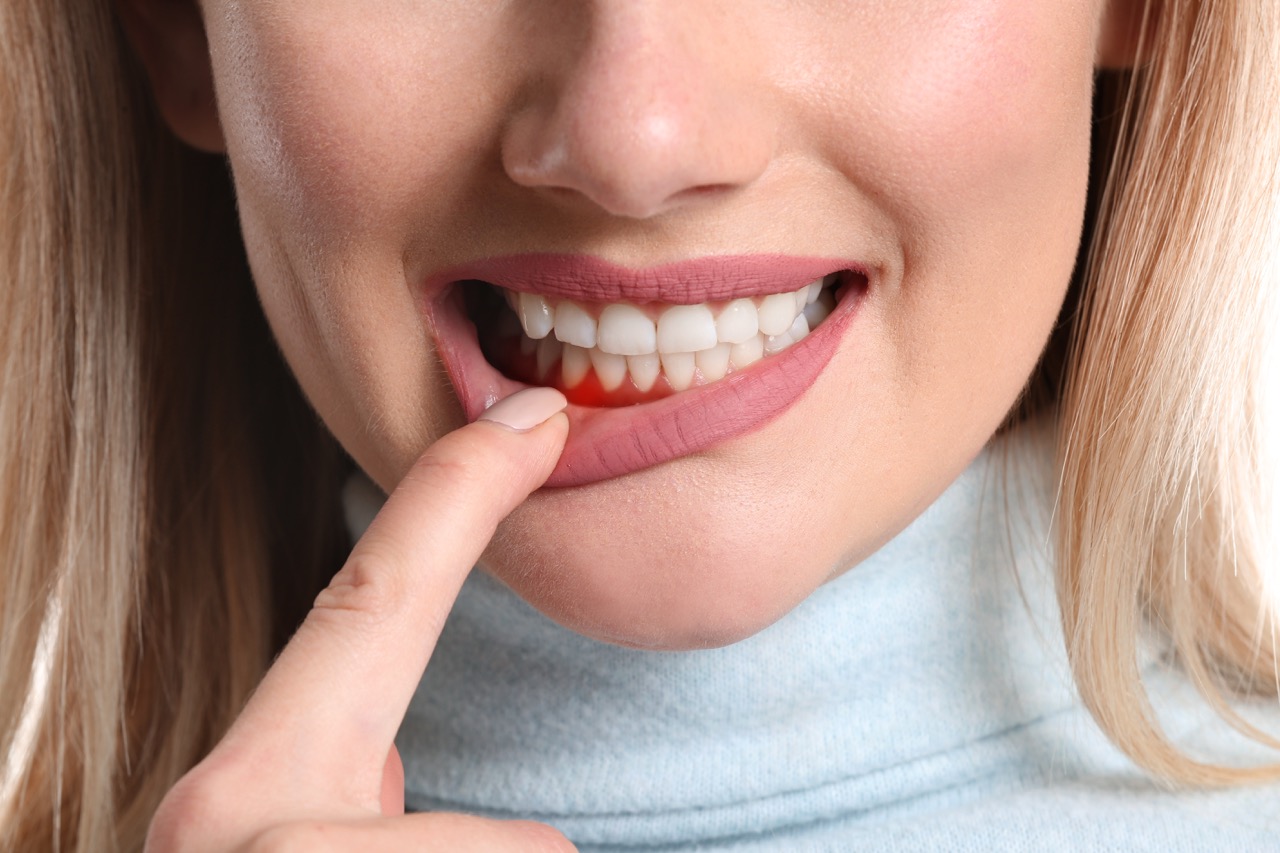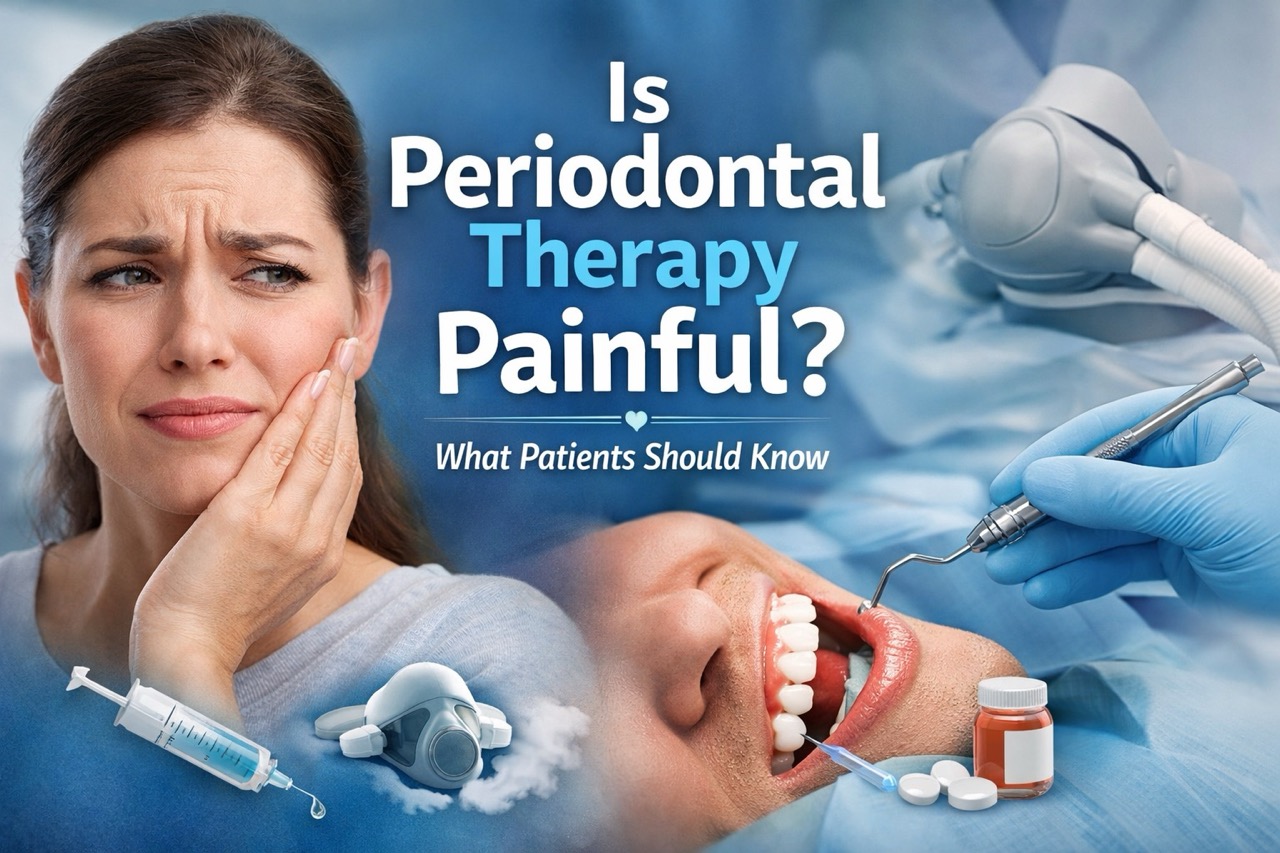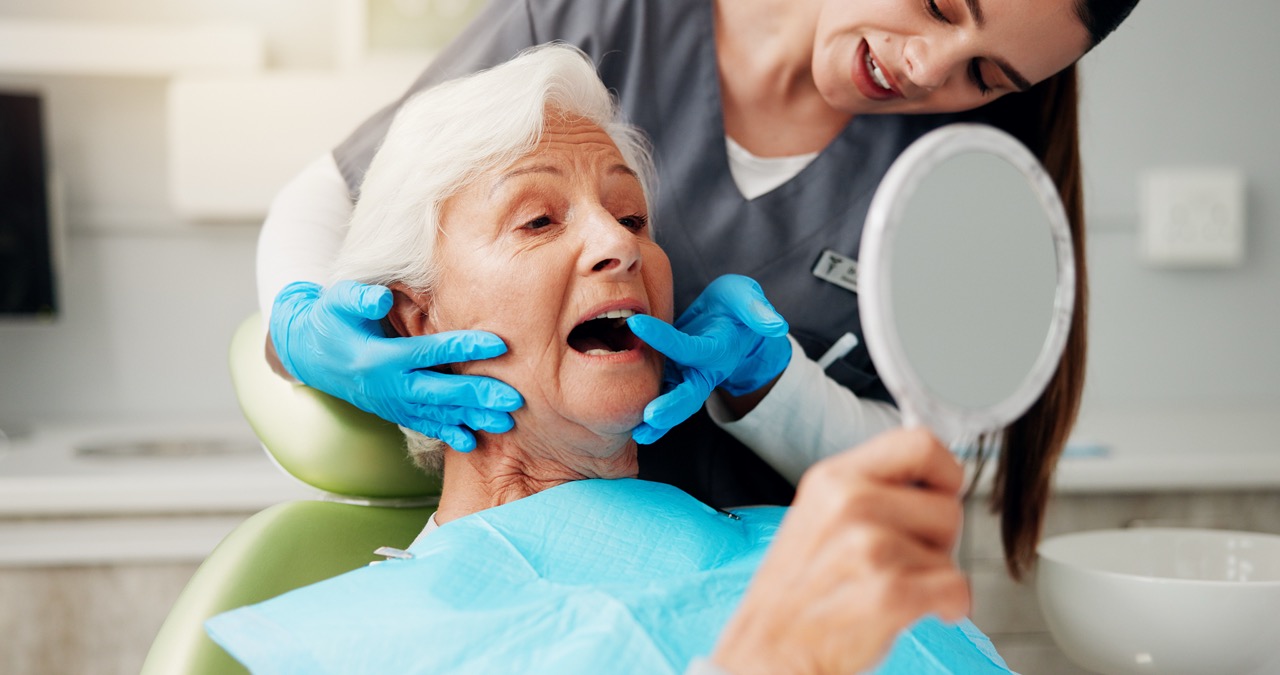Common Teeth Brushing Mistakes You Should Avoid for Better Oral Health
Brushing your teeth seems like the simplest part of your daily routine, yet millions of people make preventable errors every day. You might think you’ve mastered this basic skill, but common teeth brushing mistakes can quietly damage your oral health over time.
These dental hygiene mistakes often go unnoticed until problems like cavities or gum disease appear. Many people brush too hard, rush through the process, or use poor technique without realizing the long-term consequences. Even small common brushing errors can lead to expensive dental treatments later.
The good news is that these oral health tips can help you identify and correct your brushing habits. With the right knowledge and technique, you can protect your teeth and gums while getting the most from your daily oral care routine.
Why Avoiding Teeth Brushing Mistakes Matters
Understanding why teeth brushing mistakes cause problems helps motivate better oral care habits. Poor brushing technique allows harmful bacteria to build up in your mouth, leading to tooth decay and gum inflammation. These issues start small but can develop into serious dental problems over time.
Cavities form when plaque remains on teeth after inadequate brushing. Gum disease begins with irritation from bacterial buildup along the gum line. Enamel wear happens when people use improper brushing methods that gradually damage the protective coating on teeth.
The benefits of proper brushing include fresher breath, healthier gums, and stronger teeth. A healthy brushing routine prevents most common dental problems and saves money on future treatments.
Here are the most common mistakes people make when brushing their teeth:
Brushing Too Hard Can Harm Teeth and Gums
Many people believe that brushing harder cleans teeth better, but this approach actually causes damage. Aggressive brushing wears away tooth enamel, the protective layer that shields your teeth from decay. Once enamel erodes, it cannot regenerate naturally. Brushing teeth too hard also irritates gum tissue and causes it to pull away from teeth. This gum recession exposes sensitive tooth roots and creates pockets where bacteria can hide. The result is increased sensitivity and higher risk of infection.
Your toothbrush should feel gentle against your teeth and gums. Proper pressure removes plaque effectively without causing harm. Focus on gum health and enamel protection by using light, controlled movements during your brushing routine.
Rushing Through Brushing and Missing Spots
Quick brushing sessions leave plaque and bacteria behind in hard-to-reach areas of your mouth. Most people need at least two full minutes to properly clean all tooth surfaces. Rushing through this process is one of the most common teeth brushing mistakes that leads to dental problems. Poor brushing technique often results from trying to finish too quickly. When you hurry, you miss spots between teeth, along the gum line, and on back molars. These areas become breeding grounds for harmful bacteria.
A proper teeth brushing routine includes systematic coverage of your entire mouth:
- Divide your mouth into four quadrants
- Spend approximately 30 seconds per area
- Use a timer or electric toothbrush with built-in timer
- Focus on thorough cleaning rather than speed
Skipping Your Tongue and Gum Line
Your tongue harbors millions of bacteria that contribute to bad breath and oral health problems. Many people focus only on their teeth while ignoring this important part of their mouth. Skipping tongue cleaning is a dental hygiene mistake that leaves your mouth only partially clean.
The gum line collects plaque and food particles throughout the day. Bacteria thrive in this warm, moist environment and can cause gingivitis if not removed regularly. Gentle brushing along the gum line removes these harmful deposits. Brushing tongue benefits include fresher breath and reduced bacterial load in your mouth. Incorporate gum care tips into your daily routine by angling your toothbrush toward the gum line and cleaning your tongue with gentle strokes.
Using the Wrong Toothbrush or Old Bristles
Your toothbrush choice significantly impacts your oral health outcomes. Hard bristles damage tooth enamel and irritate gum tissue, while worn bristles lose their cleaning effectiveness. Replace toothbrush regularly to maintain optimal oral hygiene.
Old toothbrushes harbor bacteria and cannot remove plaque effectively. Frayed bristles indicate it’s time for a replacement, even if the recommended timeframe hasn’t passed. These toothbrush mistakes compromise your cleaning efforts.
Consider these healthy brushing habits for better oral care:
- Use soft-bristled toothbrush to protect enamel
- Replace toothbrush after illness to prevent reinfection
- Choose electric vs manual based on your cleaning preferences
- Monitor bristle condition and replace when worn
Poor Brushing Technique: Back-and-Forth vs. Circular Motions
Scrubbing teeth with back-and-forth motions damages enamel and fails to remove plaque effectively. This aggressive technique is one of the most harmful teeth brushing mistakes people make regularly. Circular motions provide better cleaning while protecting your teeth from unnecessary wear. Circular brushing movements help bristles reach into crevices and along the gum line more effectively. This gentle technique removes plaque without applying excessive force to delicate tooth surfaces.
Best Way to Brush Your Teeth
How to brush teeth properly involves using the correct angle and motion for optimal cleaning. Position your toothbrush at a 45-degree angle toward your gum line. Make small, gentle circular motions across all tooth surfaces. The best way to brush teeth includes covering the outer surfaces, inner surfaces, and chewing surfaces of every tooth. Move systematically through your mouth to ensure complete coverage. This method prevents teeth brushing mistakes while maximizing plaque removal.
Brushing at the Wrong Time: After Meals or Skipping Night Brushing
Timing your brushing sessions incorrectly can actually harm your teeth. Brushing immediately after eating acidic foods or drinks can damage softened enamel. Your mouth needs time to neutralize acids before you brush safely. Skipping night brushing allows bacteria to multiply overnight when saliva production decreases. This creates ideal conditions for tooth decay and gum disease to develop.
Wait at least 30 minutes after consuming acidic foods or beverages before brushing. This gives your saliva time to neutralize acids and allows your enamel to reharden. Brushing teeth after meals too quickly can permanently damage your tooth structure.
Night brushing removes the day’s accumulation of plaque and food particles. Without this cleaning, bacteria feed on debris overnight and produce acids that attack your teeth. This makes avoiding teeth brushing mistakes at bedtime particularly important for your oral health. Maintaining a healthy oral routine includes brushing before bed every night without exception.
Forgetting to Replace Your Toothbrush Regularly
Using an old toothbrush reduces cleaning effectiveness and increases bacteria exposure. Worn bristles cannot reach into tight spaces or remove plaque thoroughly. This oversight becomes a significant obstacle to maintaining good oral hygiene.
Replace your toothbrush according to these guidelines:
- Every 3 to 4 months for optimal performance
- Immediately after recovering from illness
- When bristles begin to fray or bend outward
- After any oral health issues or infections
Following a consistent dental care routine includes monitoring your toothbrush condition and replacing it as needed.
The Role of Professional Care in Preventing Brushing Mistakes
Regular dental checkups help identify teeth brushing mistakes before they cause serious damage. Your dental hygienist can demonstrate proper technique and recommend improvements to your home care routine. Professional cleanings remove plaque and tartar that home brushing cannot eliminate.
Preventive dental care includes personalized oral hygiene advice based on your specific needs. Your dentist can spot early signs of damage from poor brushing habits and help you correct these issues. Professional cleaning appointments complement your daily oral care routine. At Kiefer Family Dental, our team provides comprehensive dentist oral hygiene advice to help you maintain optimal oral health between visits.
Building a Proper Teeth Brushing Routine
Developing consistent oral health habits prevents most common dental problems and saves money on future treatments. Your proper teeth brushing routine should include the right technique, timing, and tools for optimal results. Avoiding teeth brushing mistakes becomes easier when you establish good habits from the start.
Start by choosing a soft-bristled toothbrush and fluoride toothpaste appropriate for your needs. Set aside adequate time for thorough cleaning twice daily. Focus on gentle, systematic coverage of all tooth surfaces using circular motions. Remember that building healthy habits takes time and practice. Be patient with yourself as you implement these oral health tips into your daily routine. Consistency matters more than perfection when developing long-term oral care habits.
Schedule Your Dental Cleaning in Evansville Today
Your oral health deserves professional attention to complement your daily care routine. Whether you need guidance on proper brushing technique or want to address existing dental concerns, personalized treatment makes all the difference. At Kiefer Family Dental, we provide comprehensive preventive care that focuses on your unique needs and oral health goals.
Contact Information
Location: 3323 Mariner Dr, Evansville, IN 47711
Phone: (812) 424-9506
Fax: 812-303-4203
Email: kelsey.kiefer@kieferfamilydental.com
Trust Kiefer Family Dental to help you maintain optimal oral health through professional cleanings and personalized care advice. Your smile is important, so schedule your appointment today and take the next step toward better oral health habits.




